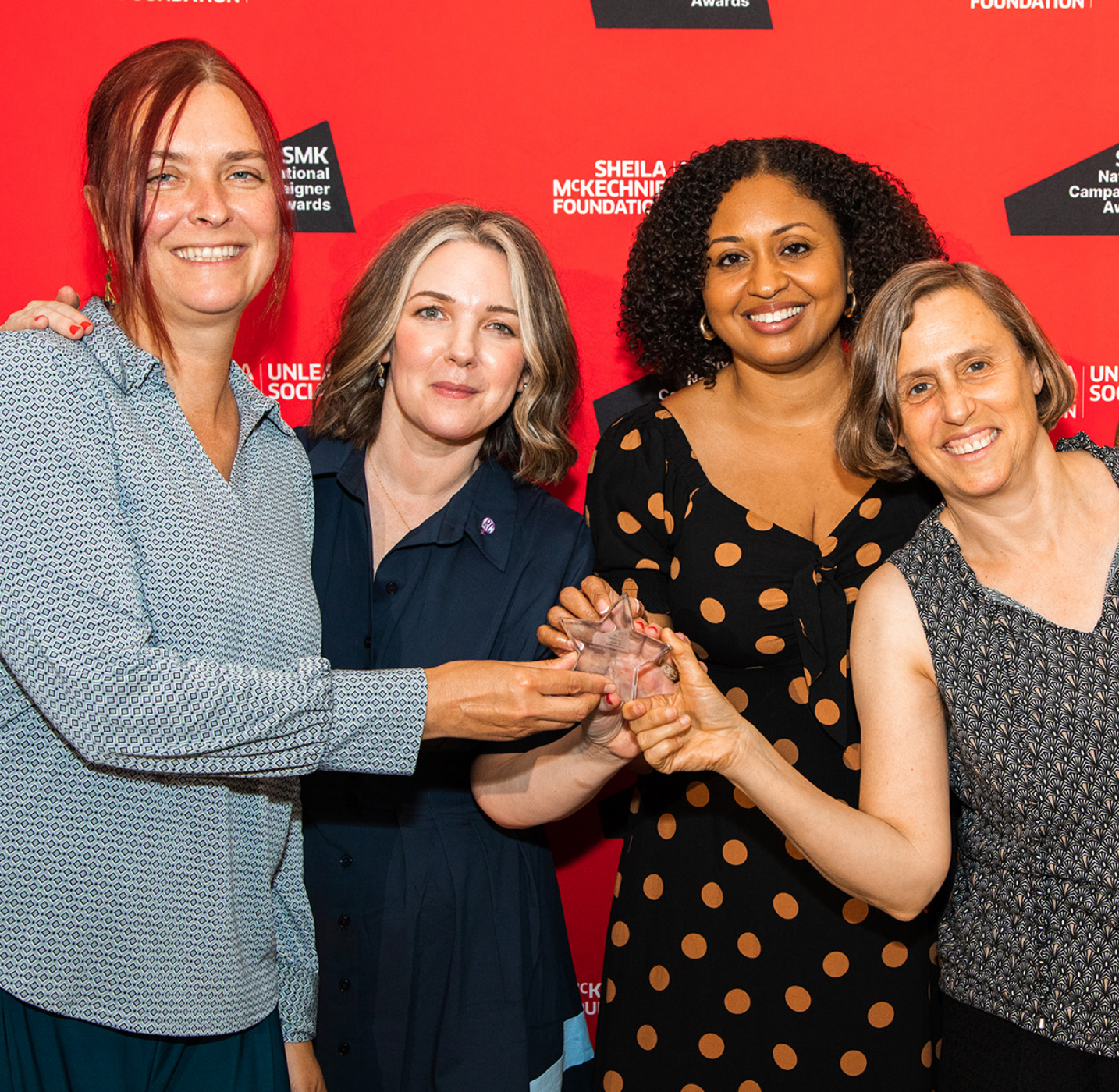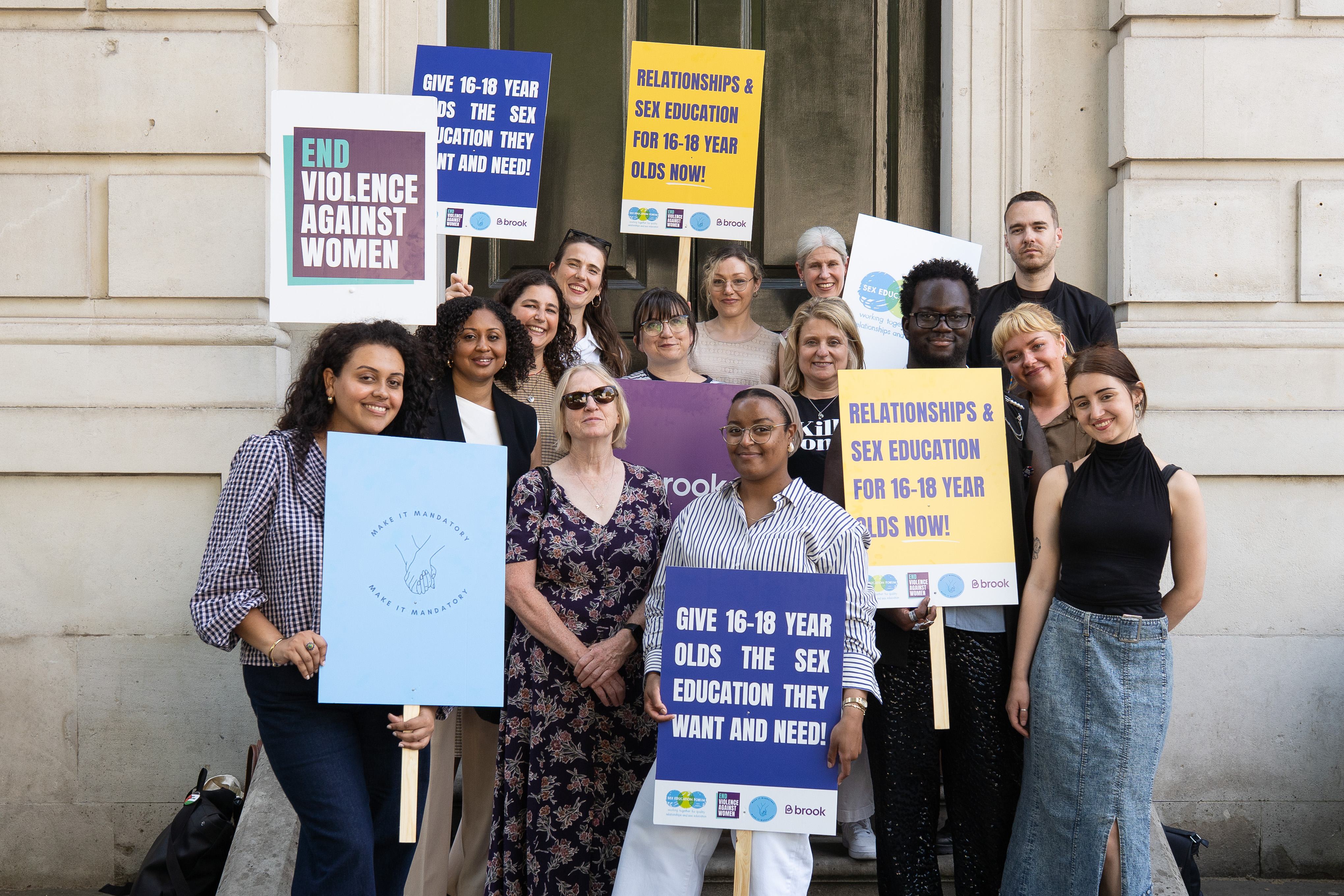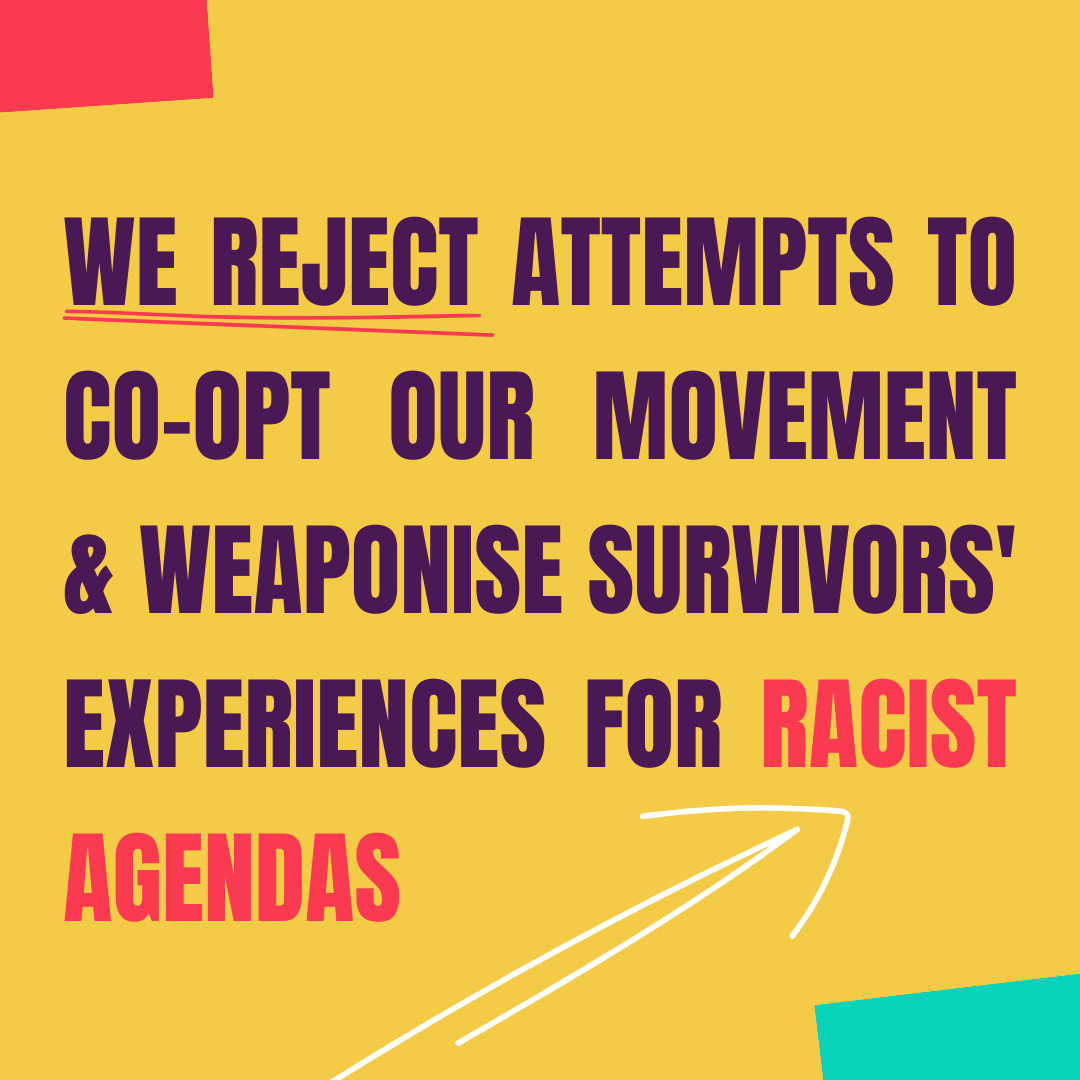 20 Jun
20 Jun
Child sexual abuse and exploitation are deeply harmful forms of violence that are disproportionately perpetrated by men and experienced by girls. This abuse is alarmingly pervasive: as the landmark Independent Inquiry into Child Sexual Abuse laid bare, 1 in 6 girls under 16 and 1 in 20 boys of the same age were victims of child sexual abuse, and 98% of people convicted of this abuse were male.
Too often, victims and survivors who have suffered sexual and physical abuse have been blamed, mistreated and failed by those who should have protected them. It is essential that survivors are heard, that they are believed, and that more is done to support them and prevent abuse from happening in the first place. It is also crucial that the experiences of these survivors are not weaponised as part of anti-migrant and racist narratives, which only cause further harm.
The Home Secretary Suella Braverman’s recent claims about “grooming gangs” are not only inflammatory, but inaccurate. In claiming that perpetrators are “almost all British-Pakistani” and victims as “overwhelmingly white girls from disadvantaged or troubled backgrounds”, Braverman not only ignores and erases the lived experiences of Black and minoritised victims of child sexual abuse and exploitation, but also contradicts her own department’s findings that offenders of ‘group-based child sexual exploitation’ are most commonly white.
This racially-driven contradiction was highlighted just this week, as thirteen white men appeared in court, charged with appalling child sexual abuse and exploitation offences. Yet neither the Home Secretary nor the media described them as a grooming gang.
Deniz Uğur, Deputy Director of the End Violence Against Women Coalition (EVAW), said:
“The Home Secretary’s comments parrot the same tropes and misinformation as the far right, which has long tried to co-opt our movement to end violence and abuse for its own racist agenda. We reject these attempts by white supremecists and misogynists who have never before campaigned against rape or child sexual exploitation, and in fact, support an extremely traditional, patriarchal notion of the family and interpersonal relationships.
It is extremely worrying to hear this rhetoric repeated by one of the most senior members of government. More worrying still is that this rhetoric is being used to justify regressive laws and policies that would harm victims – such as the so-called Bill of Rights, which would take away protections under the Human Rights Act – often the only tool victims have to challenge state failures to protect them from violence. There can be no doubt that these laws would disproportionately harm women and girls who are systematically failed by the criminal justice system, and Black and minoritised communities who experience over-policing and the brunt of police violence.”
The media has a critical role to play in this narrative too: instead of amplifying and normalising the racist tropes of the far right, journalists must challenge this and expose the root causes of issues like violence against women and girls. This would help end the inequality of attention not paid to Black, minoritised and marginalised victims, and build public awareness about ending this abuse.
If the Home Secretary is serious about tackling child sexual abuse and exploitation, and protecting girls and young people from this horrific form of gender-based violence, she must focus resources on tackling the attitudes and inequality that underpin and give rise to violence against women and girls. This looks like prevention work in schools, public attitude campaigns, funding for women’s support services, an end to the hostile environment and reversal of austerity policies.
ENDS
Recommended ARTICLES
 20 Jun
20 Jun
 19 Jun
19 Jun
 16 Jun
16 Jun

